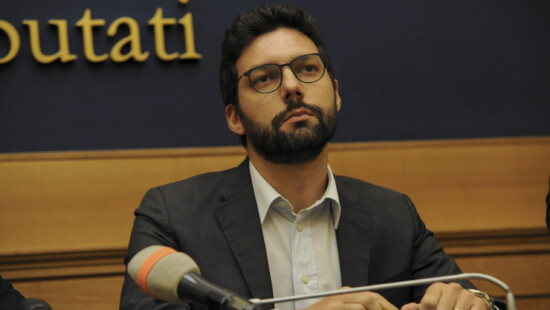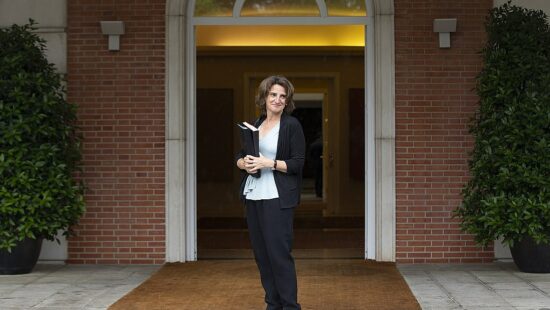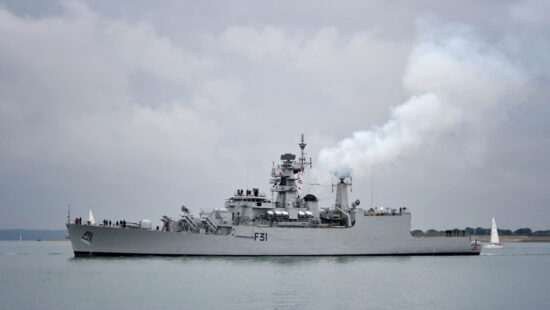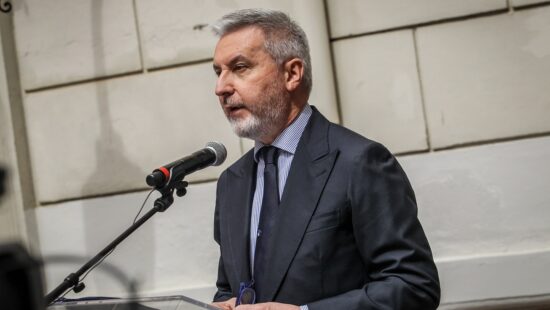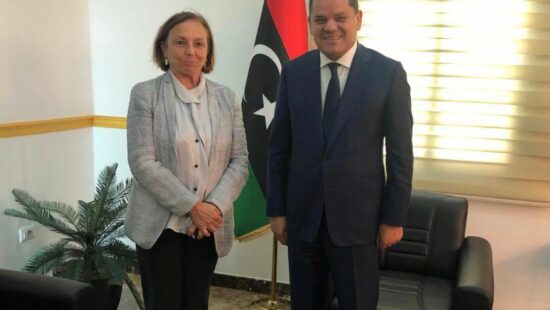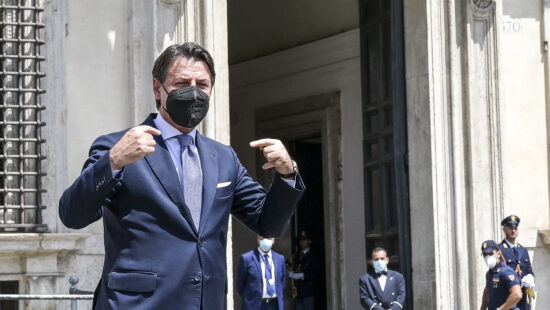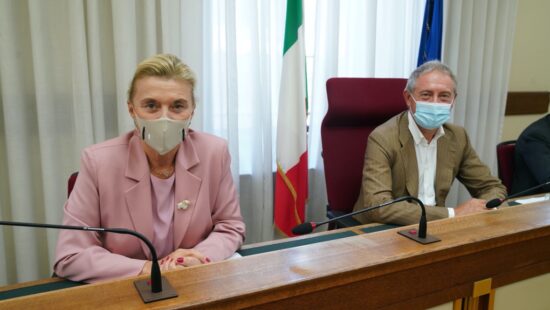Turchia in paranoia, tra voci di focolai dolosi appiccati da piromani internazionali e decisioni sui generis di Erdogan. Addirittura il quotidiano Sözcü ha affermato che gli incendi sono stati causati da pini piantati dagli americani…
Archivi
Quello che la cybersecurity non vede. Scrive Jerian (Amped)
Utilizzando meglio i filmati di videosorveglianza si possono ottenere informazioni preziose per le forze dell’ordine. Il punto di Martino Jerian, Amministratore di Amped Software, azienda specializzata nello sviluppo di software per analisi forensi
L'auto che si guida da sola non potrà partire se il conducente ha bevuto
Le macchine autonome con l’autopilota, con un sistema “intelligente” oppure con la guida assistita, sono il futuro dei trasporti. Il Senato degli Stati Uniti ha deciso che in questi veicoli, entro tre anni, andranno introdotti sistemi di rilevazione della guida in stato di ebbrezza
Conte ha vinto sullo Statuto? D'Uva (M5S) sul futuro del Movimento
Il deputato 5Stelle a margine dello spoglio che ha promosso il nuovo statuto elaborato da Giuseppe Conte. “Più limpidezza nelle funzioni che il Movimento dovrà avere all’interno e all’esterno delle istituzioni”. Dal vaffa alla cura delle parole. Crisi d’identità? “No, ci adeguiamo ai tempi senza rinnegare il passato”
Transizione energetica vuol dire bollette più alte. E la Spagna già si ribella a Bruxelles
Si torna sempre lì: l’abbandono forzato dei combustibili fossili rischia di gravare sul portafoglio dell’utente finale, anche per i servizi essenziali. E la Spagna deve pure combattere con “l’isolamento energetico”. Intanto Bruxelles…
L’India manda quattro navi militari nel Mar Cinese. Tensioni tra Pechino e Berlino
Nuova Delhi sceglie di inviare quattro navi a mostrare bandiera in un teatro simbolico per Pechino. Segno di una maggiore disponibilità al coinvolgimento nella partita geopolitica dell’Indo-Pacifico? Intanto l’arrivo di una fregata tedesca fa infuriare i cinesi
Non solo Tempest (che vale 2 miliardi). Il documento programmatico firmato da Guerini
Due miliardi (spalmati in quindici anni) per la partecipazione italiana al Tempest, il programma per il velivolo di sesta generazione. E poi gli elicotteri del futuro (una rivoluzione per l’ala rotante), i veicoli terrestri per i nostri militari, le nuove unità per la Marina e il forte focus sull’innovazione, tra intelligenza artificiale e cloud. Ecco tutte le novità della Difesa, scritte nel Documento programmatico pluriennale 2021-2023 firmato da Lorenzo Guerini
Lamorgese in Libia. Immigrazione e sicurezza, interesse nazionale dell’Italia
La visita della ministra dell’Interno segue quella del ministro Di Maio. La costante interlocuzione tra il Viminale e il ministero degli Interni libico è importante anche per il tema terrorismo
Caro Conte, il Movimento ha un problema di partecipazione
Se vuole sperimentare e potenziare la sua leadership, Conte ha la grande opportunità di trasformarsi nell’avvocato della partecipazione che conta. Ecco come, secondo Gianfranco Pasquino, professore emerito di Scienza Politica
Il Lazio, gli hacker e la pista olandese. L'audizione di Belloni al Copasir
Conto alla rovescia per il ricatto cyber alla regione Lazio, lo Stato non pagherà riscatti ma si rischia di perdere i dati. Si valuta un collegamento con l’emergenza ransomware in Olanda. Codice penale da aggiornare, e in casi estremi c’è una legge che prevede poteri speciali per Draghi







